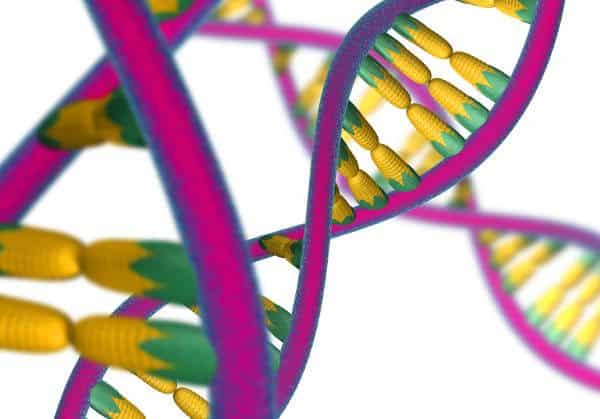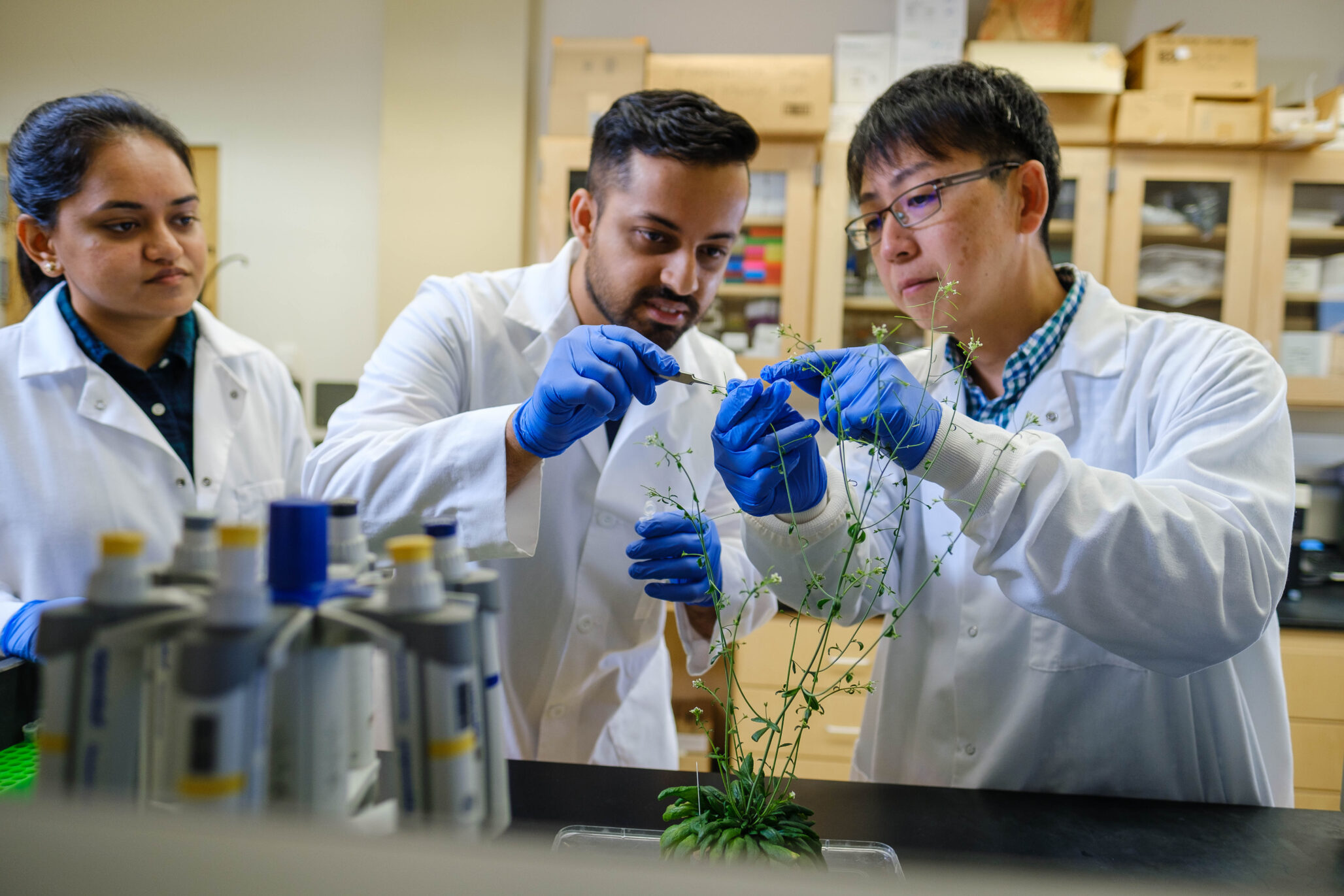In its research and development pipeline, Evogene Ltd. is advancing a gene it found to display insecticidal activity against Western corn rootworm into Phase-I. In this phase, researchers will validate its efficacy on target crops, following positive laboratory assay results.
Evogene is advancing into Phase-I a gene, EVO30495, displaying high potency against Western corn rootworm. According to the company, EVO30495 has met all of the phase advancement criteria, including efficacy and initial estimation of lower risk of toxicity to other organisms such as bees, animals and humans. Phase-I includes introduction of the gene into corn, followed by greenhouse experiments and further validation activities; initial results are anticipated within one to two years.
Initiated in 2014, Evogene’s insect control seed trait program addresses numerous insect orders, including Coleoptera, Lepedoptera and Hemiptera, which pose serious threats to crop productivity. The program is based on Evogene’s unique predictive computational discovery platform and proprietary metagenomics data at its research facilities in Israel. The predicted genes were then validated at Evogene’s research and development site in St. Louis, Missouri. This approach has already resulted in genes displaying initial insecticidal activity against major crop pests, with several genes at the later stages of discovery.
Additionally, the company announced the identification of a set of genes displaying initial toxic activity against southern green stinkbug, a major pest in soybean and other crops. The discovery of toxin gene traits against stinkbug is particularly significant, as there are no commercially available insect control seed trait solutions for this pest in soybean and other crops.
“We are very pleased to announce the rapid advancement of our insecticidal seed trait program, and in particular these two specific achievements that address major market needs,” says Ofer Haviv, Evogene’s president and CEO. “Our novel toxin for Western corn rootworm that is now being advanced into Phase-I addresses an existing $1.5 billion market. Furthermore, the identification of genes showing toxic activity against stinkbugs is very exciting, since this is a significant agricultural pest with an estimated market potential of over $1 billion.”
Haviv says he looks forward to reporting continued progress in the company’s insect control program.











